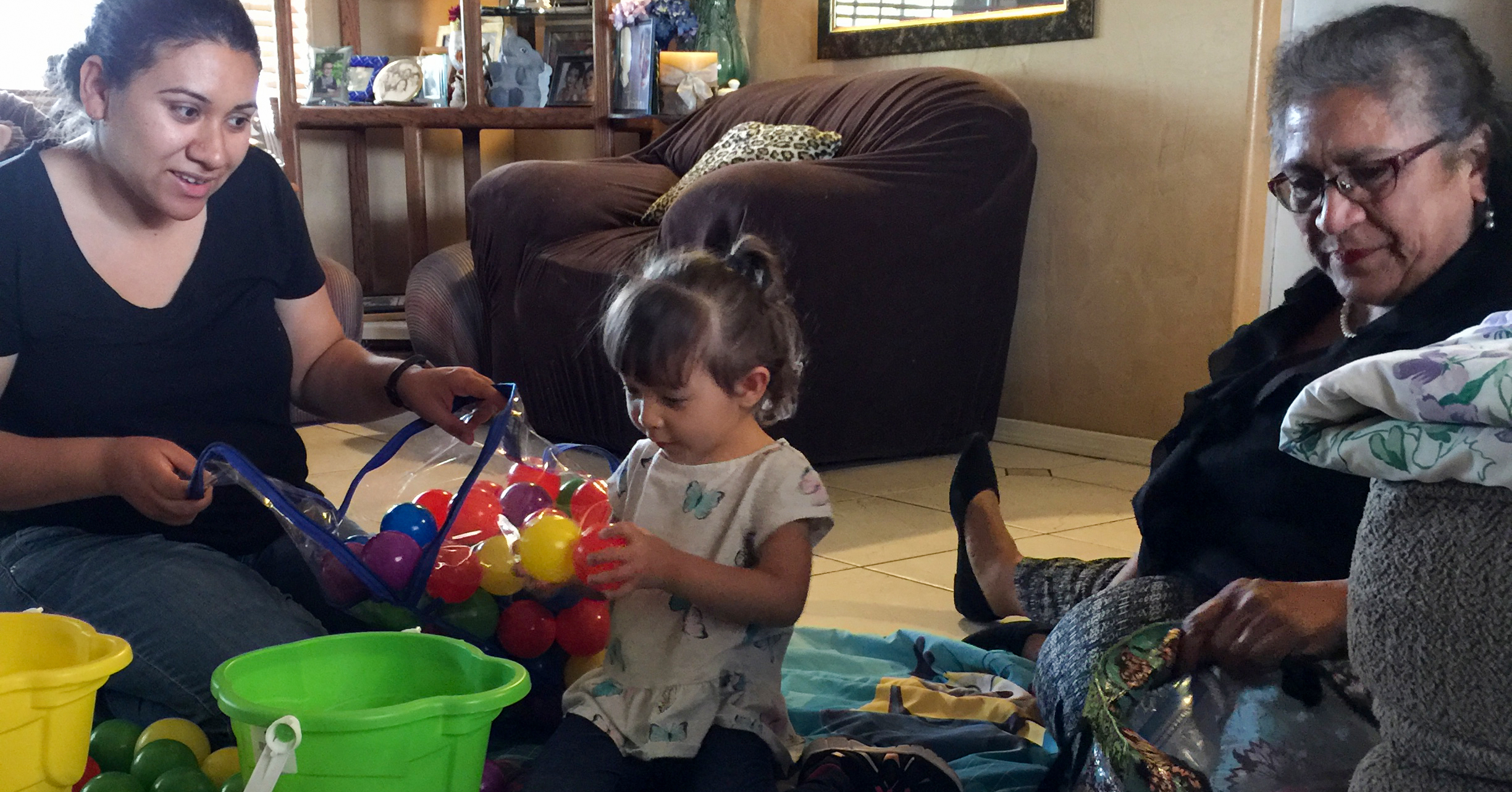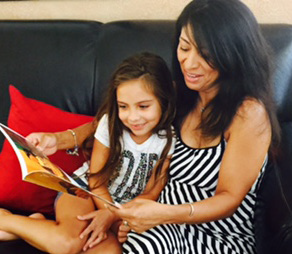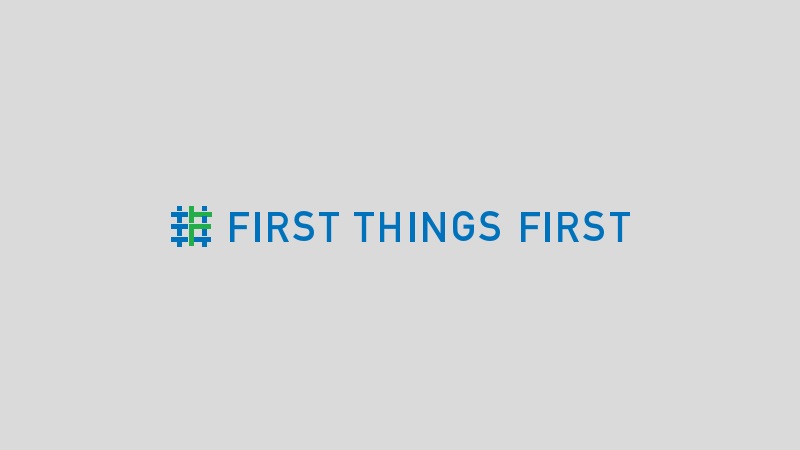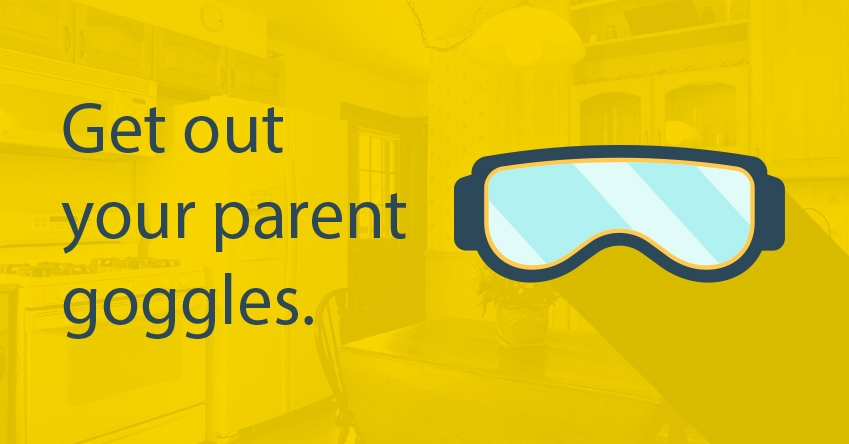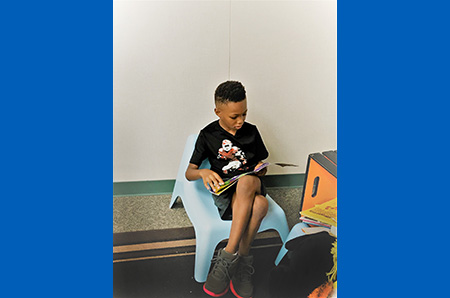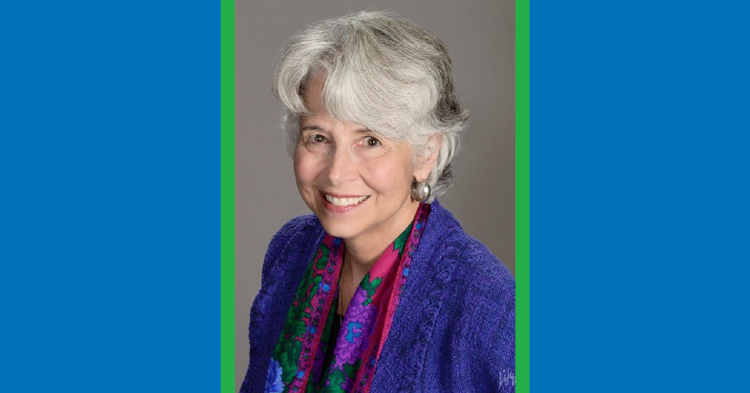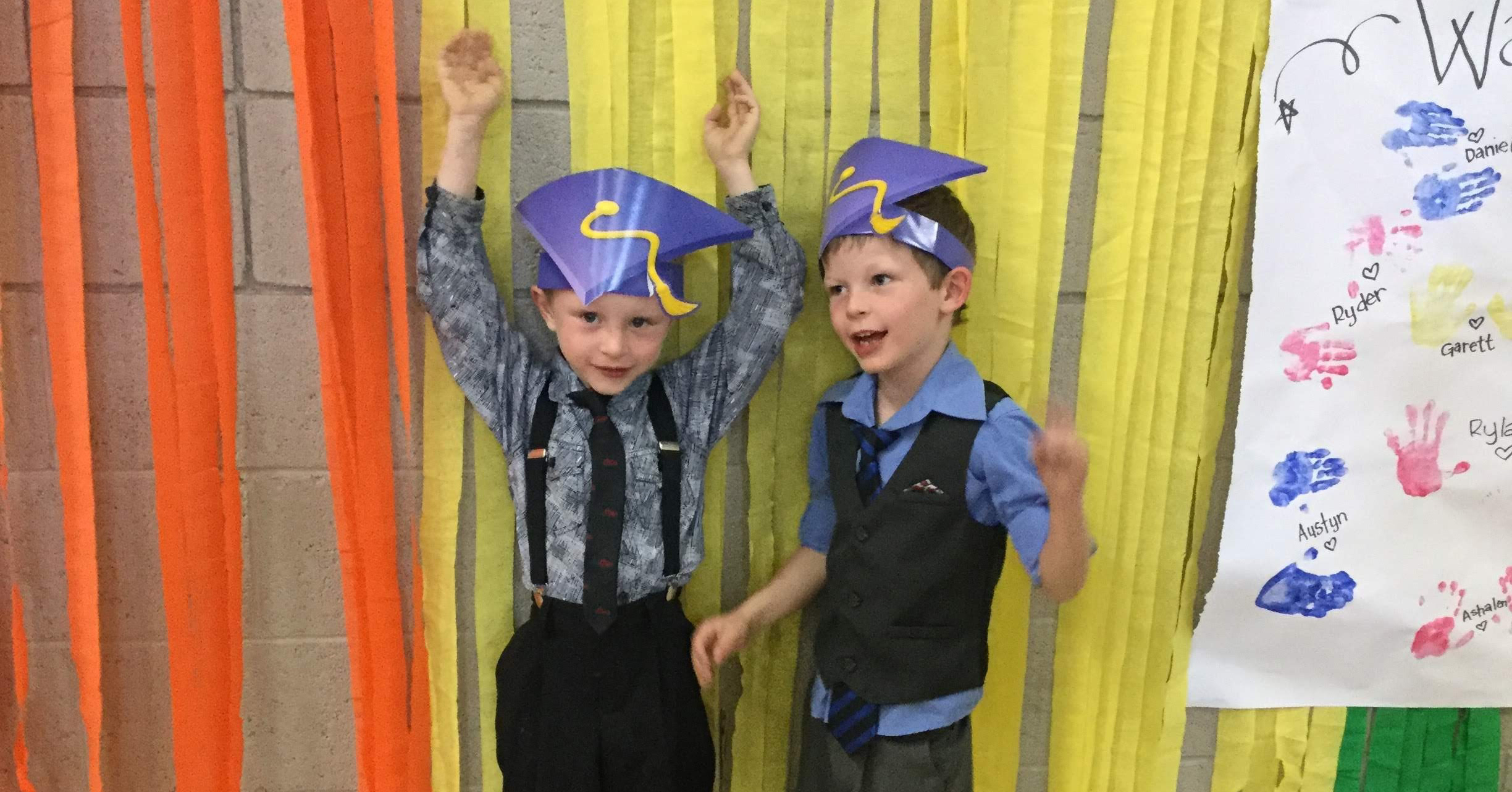
Jacqueline Nordlander was a very young mom and scared to be having twins.
“I didn’t know what to do,” Nordlander said, recalling her feelings while she was pregnant. “When they came two months premature with some major health challenges, I was overwhelmed.”
Nordlander, who currently lives in Chino Valley, was living in Prescott at the time, but had to be flown to Phoenix so the boys, Tim and Chris, could be placed in the neonatal intensive care unit (NICU) there.
“I stayed with my grandmother in Glendale for a few months while the boys got the medical care they needed,” Nordlander said. “One of my sons needed two surgeries and the other was jaundiced and had a heart murmur.”
It was during this time that one of the NICU nurses told her about First Things First and home visitation, which provides at home visits for families of young children with trained parent educators to support and empower families and children experiencing various challenges, as well as to support the bonding and relationship between the parents and child.
Nordlander started with the home visitation program in Glendale and was relieved to find out that the FTF Yavapai Region also funded the home visitation program. So when she moved back to Prescott, she was able to continue with the program.
The parent educator worked with Nordlander to track her sons’ development and know whether they were meeting typical milestones.
For the first two years of a premature baby’s life, development is measured at a child’s corrected age — the age they would be if born on their original due date. So, to accurately track the boys’ development, the young mother had to calculate the corrected age and look at the typical development of babies two months younger than they were.
“I didn’t know anything about milestones before,” Nordlander said. The parent educator “helped me teach the boys how to roll over and how to work on their fine motor skills like picking small things up or putting objects inside of something. The support I received from the First Things First-funded home visitation programs made all the difference.”
The boys, who are now 6 years old, were ready when they started kindergarten, Nordlander said.
“I still have the books I received and I can go back to review the information I learned any time I want to be sure I’m doing all I can to help my children be strong and healthy,” she said. “I now have the skills and confidence I needed as a parent to make sure each of my children is ready to learn and set for life.”


